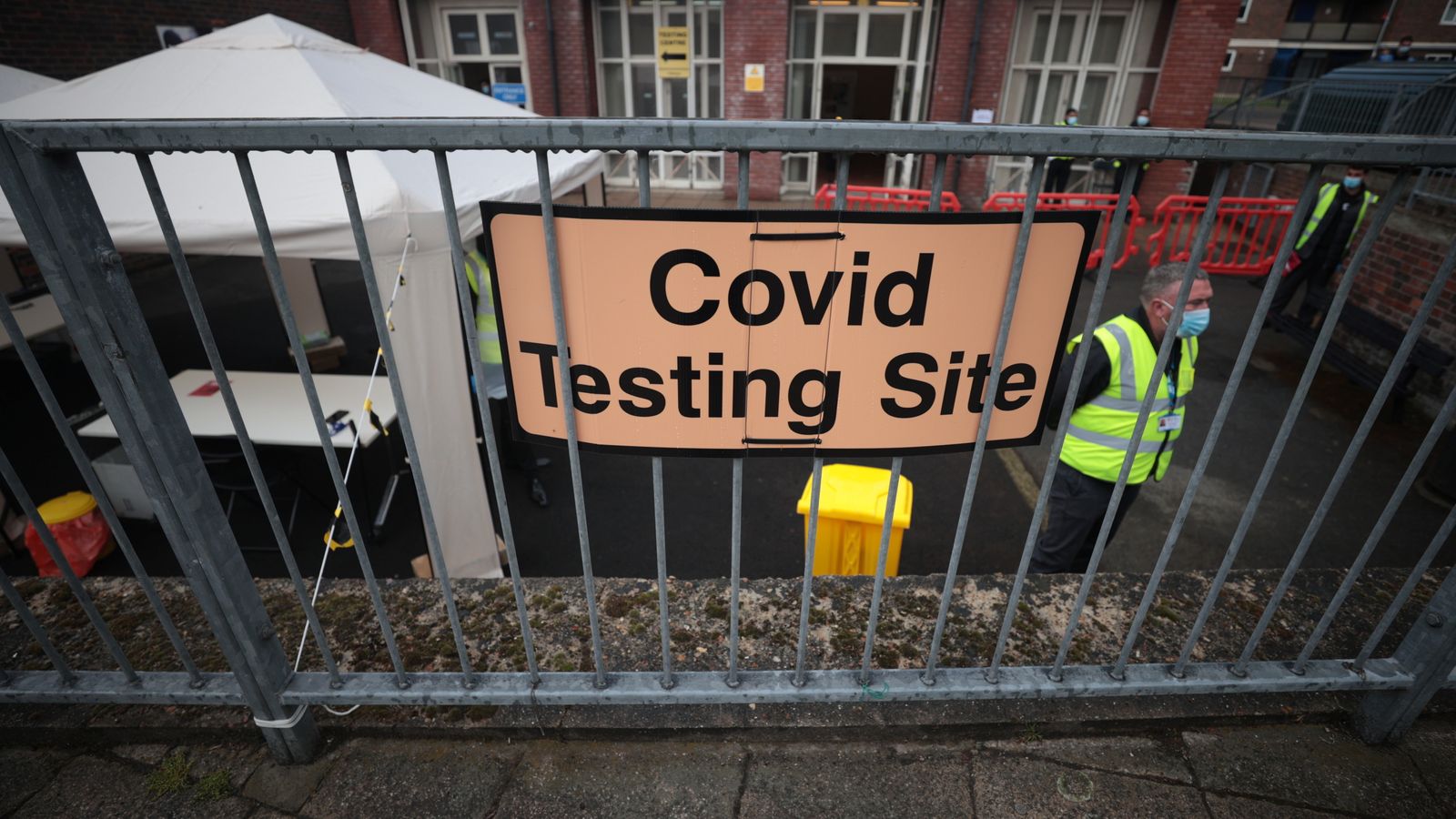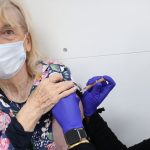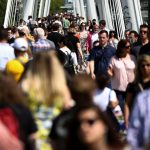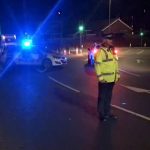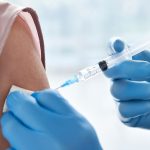The UK has reported 26,144 new COVID-19 cases and 71 more deaths in the latest 24-hour period.
Some 29,622 coronavirus infections and 68 fatalities were announced yesterday, while 31,795 cases and 28 deaths were reported this time last week.
Live COVID updates from the UK and around the world
The figures show positive cases in the UK have fallen by 33% in the past seven days. However, deaths have increased by 9.2% across the same period.
Meanwhile, 35,773 people received their first dose of a COVID vaccine yesterday, taking the overall total to 46,811,298.
And 164,295 had their second jab, meaning 38,126,702 are now fully inoculated.
It comes as a government adviser warned that falling case rates over the last week could be explained by people refusing to get tested in a bid to avoid having to self-isolate.
Professor Robert West, a member of the Scientific Pandemic Influenza Group on Behaviours (Spi-B), which advises ministers, said it could be a factor in the difference between the high infection rate in the UK and the decrease in daily positive cases.
The latest estimates from the Office for National Statistics (ONS) show that COVID infections are up to their highest level since January in England, and the highest since February in Wales.
The ONS’s household swab test survey showed that around one in 65 people in private households in England had coronavirus in the week to 24 July – up from one in 75 in the previous week, and the ninth consecutive week that infections have increased.
Infections are also estimated to have risen in Northern Ireland, though numbers have dropped in Scotland.
Prof West said the discrepancy between the infection and case rate – the number of people testing positive for coronavirus each day – was a “puzzle”.
The University College London academic suggested people were reluctant to quarantine if they were found to have the infection, so they were boycotting tests.
Prof West told BBC Radio 4’s Today programme: “One of the things that is a concern is that people may not be coming forward as they used to do for testing.
“One of the reasons for that may be that the messaging from the government in a way has sort of given a bit of a green light to people to say, ‘well, it is not so bad if you get the infection’.
Please use Chrome browser for a more accessible video player
“[But] if you get tested you’re going to have to self-isolate, at least at the moment, and that’s going to be very disruptive. I suspect that may be a factor.”
The so-called ‘pingdemic’ has caused widespread disruption to businesses, with record numbers being alerted by the NHS COVID-19 app to self-isolate in recent weeks, including 700,000 for the week to 21 July.
The government has responded by rolling out exemptions for workers it deems to be employed in critical industries, such as those in the food sector, along with transport, waste collection and defence staff.
Daily negative test results can enable such workers who have been alerted by the NHS COVID-19 app or called by NHS Test and Trace as close contacts of positive cases to continue working.
